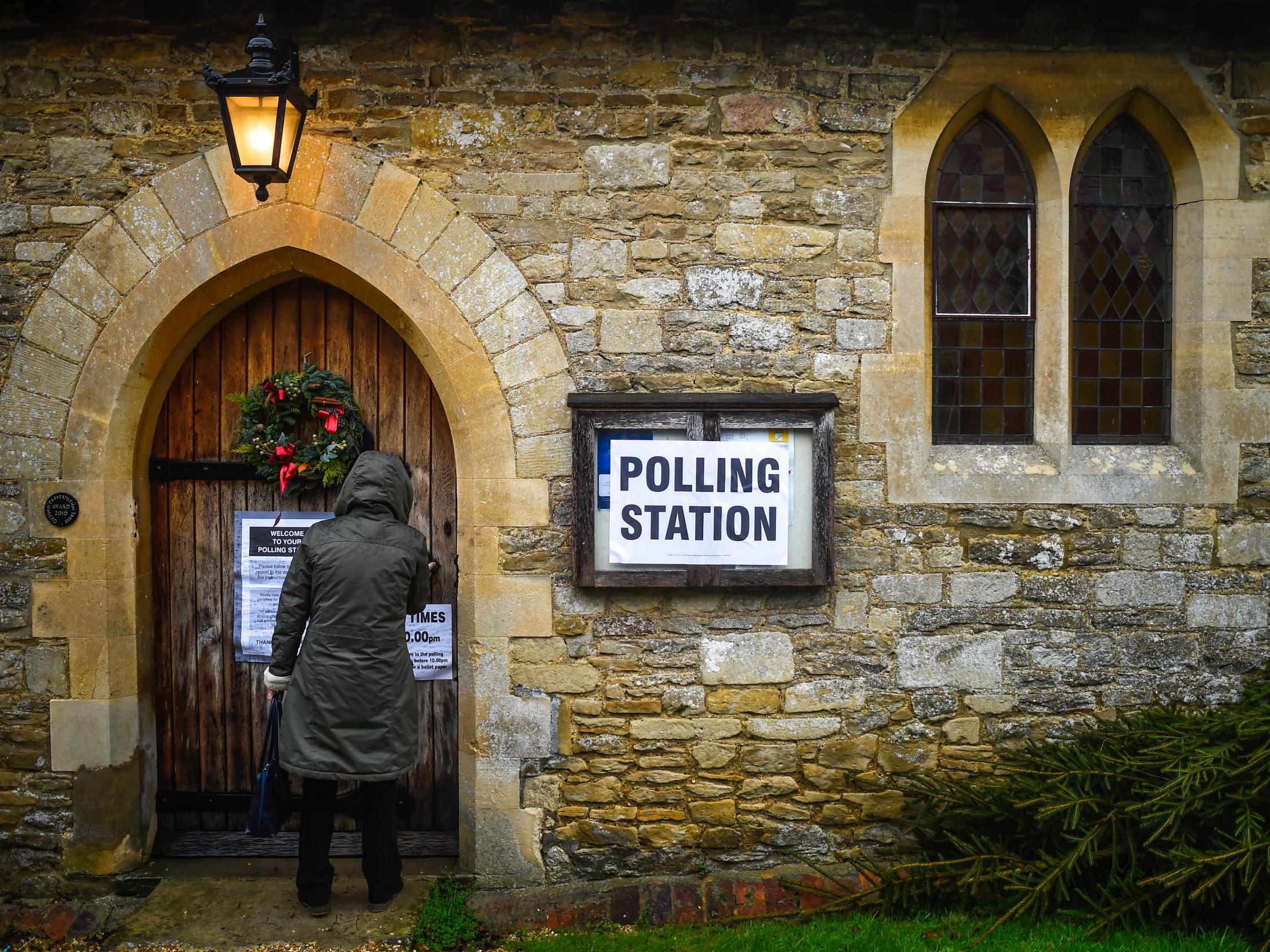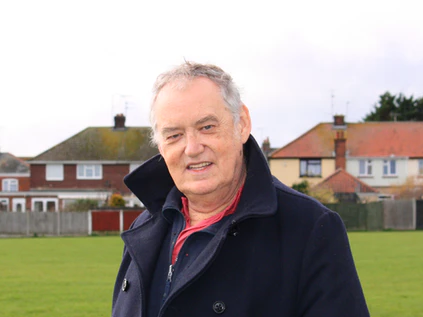‘Using a sledgehammer to crack a nut’: Voter ID critics question whether plans for nationwide rollout will cause more harm than good
Opponents of the nationwide rollout of voter ID question whether the policy could prevent citizens from exercising their democratic right, writes Zoe Tidman


Your support helps us to tell the story
From reproductive rights to climate change to Big Tech, The Independent is on the ground when the story is developing. Whether it's investigating the financials of Elon Musk's pro-Trump PAC or producing our latest documentary, 'The A Word', which shines a light on the American women fighting for reproductive rights, we know how important it is to parse out the facts from the messaging.
At such a critical moment in US history, we need reporters on the ground. Your donation allows us to keep sending journalists to speak to both sides of the story.
The Independent is trusted by Americans across the entire political spectrum. And unlike many other quality news outlets, we choose not to lock Americans out of our reporting and analysis with paywalls. We believe quality journalism should be available to everyone, paid for by those who can afford it.
Your support makes all the difference.Neil Coughlan does not own a driving licence or a passport. While this may sound surprising, he is far from alone: an estimated 11 million people who can vote in UK elections do not have either form of ID.
In fact, he does not own any form of photo ID, he told his crowdfunding page last year, like potentially 3.5 million others.
This is part of the reason that Mr Coughlan decided to take the government to court over trials that saw some voters asked to show identification at the ballot box – a policy ministers plan to roll out nationwide.
“I feel that these measures will unfairly discriminate against not only myself but also others in a similar position,” he told potential donors, “who are unable to provide with the same ease identification that ministers and civil servants take for granted, and naively think we all possess.”
The pensioner from Essex lost his case before the local elections last May – when voter ID was trialled – after the High Court found the voter ID pilots legal. His lawyers say he will be appealing the decision in April.
The government has pushed forward with plans to roll out the policy nationwide since Mr Coughlan’s initial case, despite extensive research repeatedly indicating the issue of electoral fraud in the UK is negligible.
“I can’t see why so many innocent people have to be disenfranchised because of a few people who do something wrong,” Mr Coughlan told The Independent.
“We’ve got people who should vote but it’s hard to get them to vote. Making it harder again is just disenfranchising them for no good reason.”

He gained permission to appeal the High Court decision in October.
If his appeal is successful this year, it could strengthen the case against Boris Johnson’s controversial plans to roll out photo ID for voters nationwide, which critics have called a disproportionate response to an uncommon crime.
“This policy remains a sledgehammer to crack a nut,” Willie Sullivan from the Electoral Reform Society told The Independent.
According to the Electoral Commission, there was just one conviction for impersonation fraud – which identification at the ballot box aims to tackle – across the whole of 2017 and 2018.
In comparison, figures have estimated that 3.5 million eligible UK voters do not own photo ID and would have to sort out correct ID before elections if the measure were to go ahead.
The Electoral Commission found 2,000 people were turned away for lack of ID, with 800 people not returning to vote across the 10 constituencies trialled during May’s local elections.
Following this, the PM has pushed forward with plans to roll out photo ID requirements for voters nationwide.
In an open letter, charities have written of their concerns about voter ID, citing research that marginalised groups are less likely to own photo ID, as they could be less likely to go abroad or own a car.
Sam Coates, from Unlock Democracy, called the legal challenge “an important response to attempts to rig the next election in the government’s favour”.
“The data is clear that if you’re young, poor, a migrant or from a minority background, you are a lot less likely to support the Conservative Party,” he told The Independent.
Free local electoral cards were available before May’s elections to those who applied, although campaigners questioned how useful this measure is.
The CEO of political literacy group Shout Out UK, Matteo Bergamini, claimed it was difficult enough to get people on the register, never mind making sure they have the correct identification before the election.
“Why add yet another hurdle to cross?” he said.
A Cabinet Office spokesperson told The Independent: “We are taking a broad range of actions to strengthen our electoral system because the public deserve to have confidence that their vote is secure.
“Stealing someone’s vote is stealing their voice. The potential for voter fraud in our current system undermines its integrity and this is not acceptable.
“Showing ID is something people of all walks of life already do every day. It is a reasonable and proportionate way to protect our elections, and voters in Northern Ireland have been doing it with ease for many years.”
Chloe Smith, minister for the constitution and devolution, said: “Our democracy is based on integrity, and the potential for voter fraud in our electoral system undermines this. The wealth of evidence, including current use in Northern Ireland, shows that voter ID does not impact voter turnout.”
Tom Short, solicitor at Leigh Day who is representing Mr Coughlan, said: “Our client will argue at the Court of Appeal that a pilot scheme introducing a requirement for prospective voters to show ID is not about ‘how’ people vote but is instead a barrier to ‘whether’ people can vote at all, a concern that was confirmed in the May 2019 pilots.”
Join our commenting forum
Join thought-provoking conversations, follow other Independent readers and see their replies
Comments